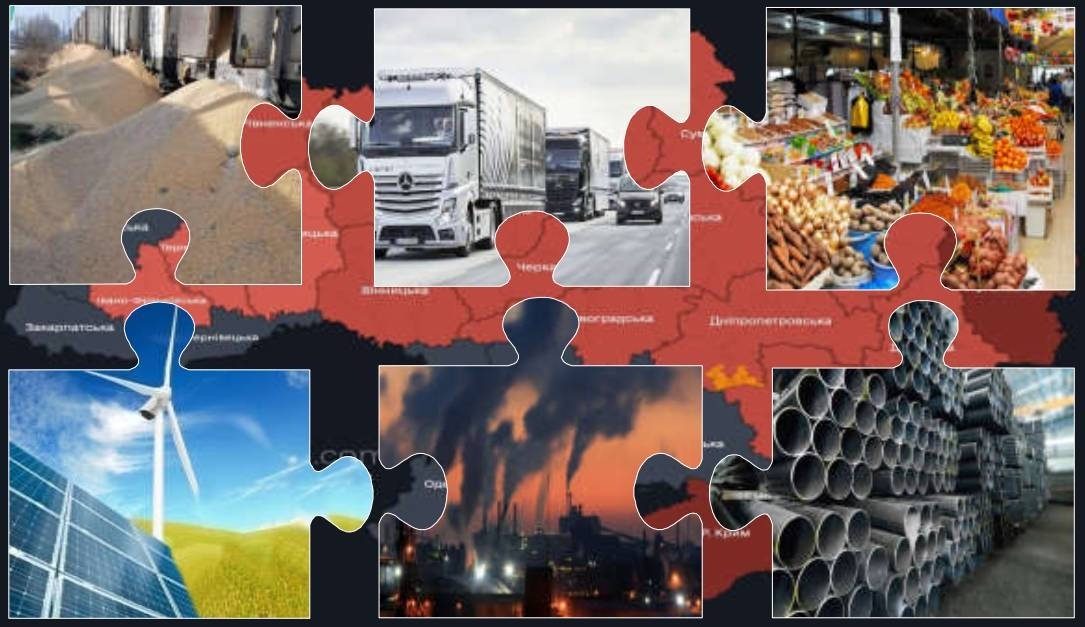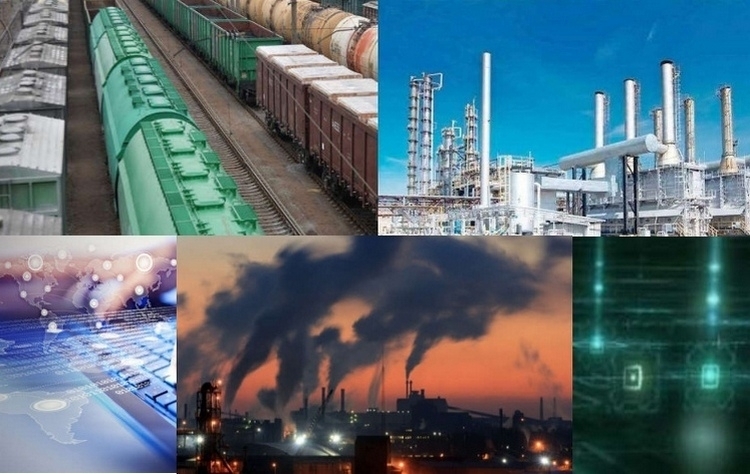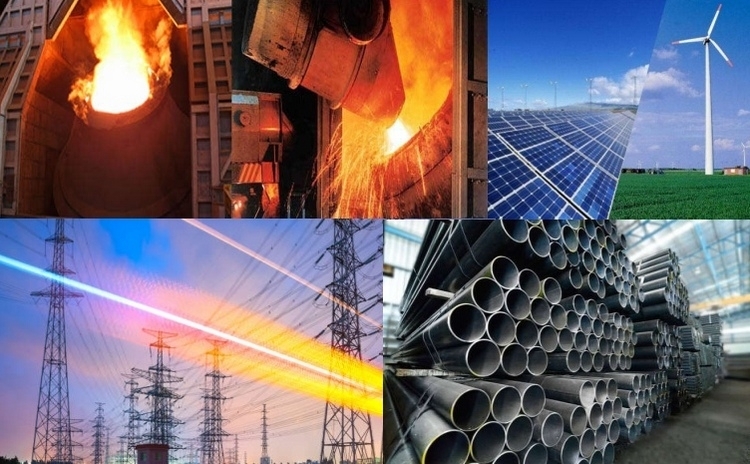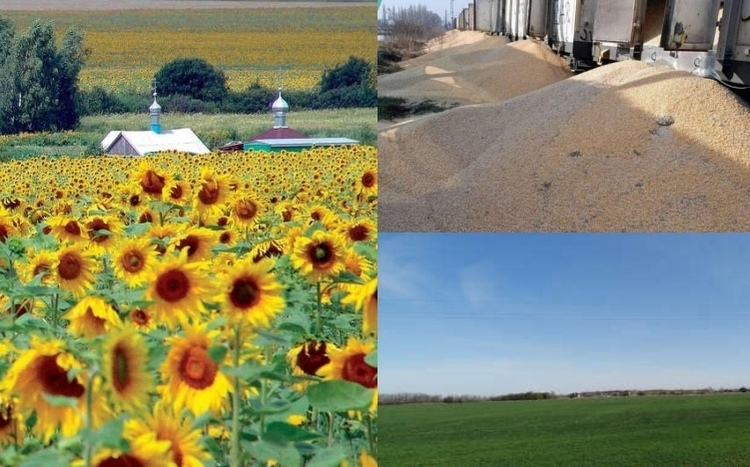Зворотний зв'язок
 Детальніше
Художня фотовиставка "Незламні. Жіночі обличчя війни"
Детальніше
Художня фотовиставка "Незламні. Жіночі обличчя війни"
 Детальніше
Проблеми ринків товарів і послуг України в умовах воєнного стану
Детальніше
Проблеми ринків товарів і послуг України в умовах воєнного стану
 Детальніше
Інноваційна політика, розвиток інфраструктури
Детальніше
Інноваційна політика, розвиток інфраструктури
 Детальніше
Кон’юнктура ринків, промислова політика, секторальні прогнози
Детальніше
Кон’юнктура ринків, промислова політика, секторальні прогнози
 Детальніше
Економічна теорія та історія, соціоекономіка праці
Детальніше
Економічна теорія та історія, соціоекономіка праці
 Детальніше
Економіка і політика аграрних перетворень
Детальніше
Економіка і політика аграрних перетворень
